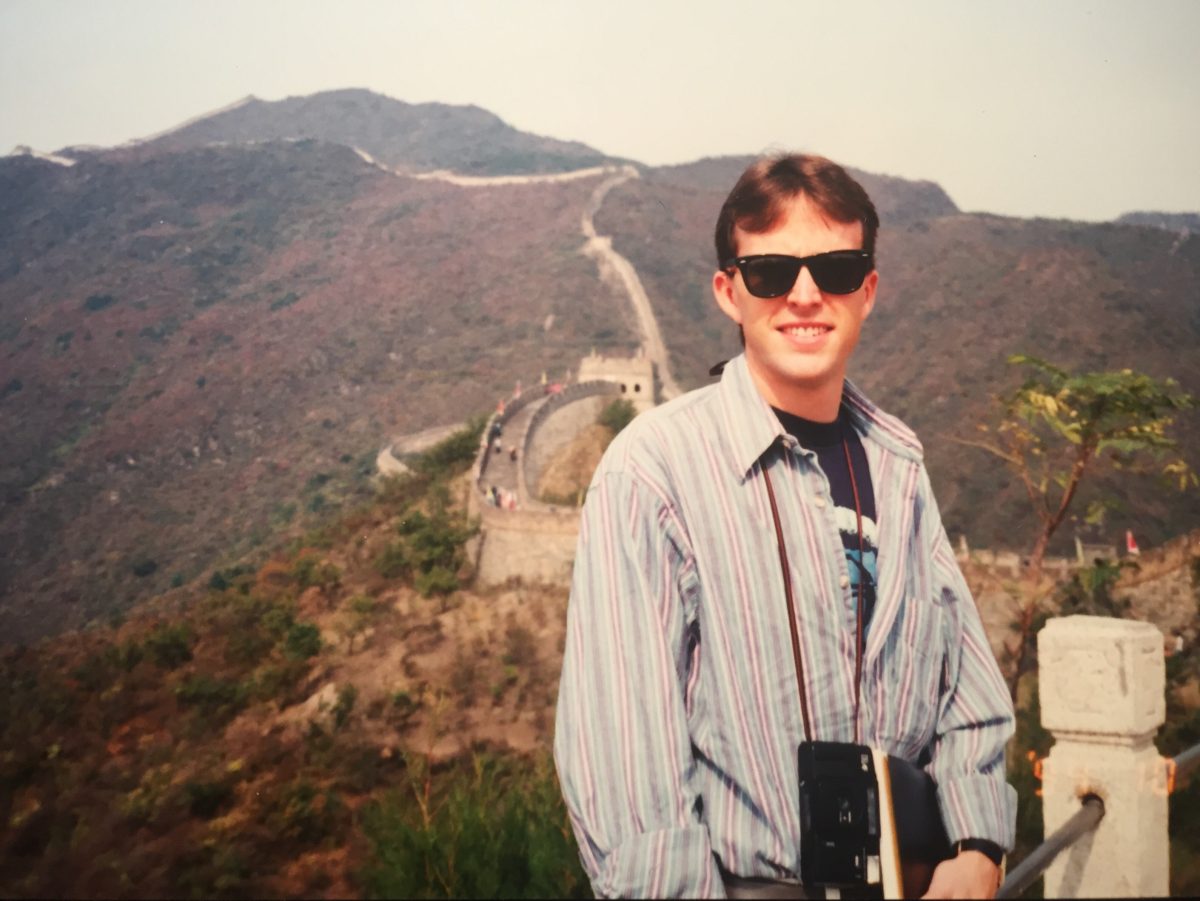A point of emphasis: I share these sentiments with the same aversion to China’s human-rights atrocities that has the United States boycotting the Beijing Olympics on a government level. A place and its people can be appreciated without endorsing a nation’s restrictive, to say nothing of racist, policies.
I feel a kinship to the Winter Olympics in Beijing. I feel this connection despite being unable to perform virtually every athletic feat we’ll witness over the next two weeks. The Summer Olympics are easy for imagining a personal place in competition: we can all run, most of us can swim, and lots of us can dribble a basketball (if not guarded by a defender). But luge? Biathlon? Aerial skiing, for crying out loud? Yet I feel closer than usual with these winter Games.
I visited China, you see, in October 1994. Part of a press junket organized by the Wonders Series, I immersed myself in a land, quite literally, “on the other side of the globe,” and it was one of my life’s grand adventures. Sharing stories of the 1995 Wonders exhibition — “Imperial Tombs of China” — was my glorious obligation, but the return on my journalistic investment has been a monumental profit of spirit.
Our group spent some time in Hong Kong (then still a British colony), and Xi’an (site of the famed Terracotta Army, buried more than 2,000 years ago to protect the afterlife of emperor Qin Shi Huang). But Beijing and its surroundings are as colorful in my mind’s eye today as they were 28 years ago. Tiananmen Square, where pro-democracy demonstrators were massacred merely five years before my trip. The Forbidden City, home to Chinese royalty in the way Disney likes to dream of palaces and such. Then there was the Great Wall, a short bus ride northwest of Beijing. You spend your youth nodding your head when told how big — how long! — the Great Wall of China is, then one day you find yourself climbing stairs. Lots of stairs. And feeling like this structure just might be visible from the moon.
These memories danced in my head when Beijing hosted the Summer Olympics in 2008 (the Michael Phelps Games). But another decade and my life’s first pandemic have a way of refocusing the moments that have truly mattered on my journey. And being part of Beijing — part of China — for two weeks is among those moments for me.
A college friend (who lived in Tokyo at the time) joined me for part of our time in Beijing. A singular experience: dining like princes (if not kings) in a small Beijing restaurant for a total cost of ten American dollars. If you want to measure the difference between “east and west,” start with economics. My buddy told me something wise near the end of his visit: “You’ll never read or hear about China again without feeling like it’s part of you.”
So here we are in 2022. Chloe Kim is primed to dominate her snowboard competition while Mikaela Shiffrin makes the alpine slopes her own. I’ve never been on a snowboard, and the one day I spent on a mountain with skis strapped to my feet can hardly be described as “skiing.” (I scored points with my future wife. Another investment in spirit.) But yes, I feel like Beijing is a part of me. Still. And maybe forever. I’ll enjoy cheering the world’s finest winter athletes, but it will have less to do with gold medals than the gleam — across decades now — of a gorgeous, history-rich place I wish we all could call our own.
